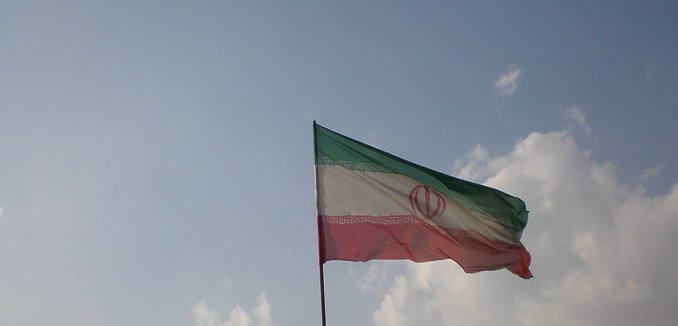Iran warned Saturday that Britain “should be scared” of reciprocal measures for the capture of an Iranian oil tanker by the British navy in Gibraltar in the early hours of Thursday morning as the vessel was believed to have been carrying oil to Syria, in violation of European Union sanctions.
Reuters reported that Iran’s Defense Minister Amir Hatami described the incident as a “threatening act” that will not be tolerated. A senior general in Iran’s elite Islamic Revolutionary Guard Corps (IRGC) had earlier threatened to seize a British ship in a revenge attack for the capture of Grace 1, a tanker owned by a Dubai-based company with ties to Tehran.
Fears of a reprisal intensified over the weekend when Mohammad Ali Mousavi Jazayeri, a member of the powerful Assembly of Experts, raged: “I am openly saying that Britain should be scared of Iran’s retaliatory measures over the illegal seizure of the Iranian oil tanker.”
Spain’s acting Foreign Minister, Josep Borrell, said the tanker was stopped by British authorities after a request from the United States. Gibraltar said it had obtained an order extending the detention of the tanker by 14 days to carry out a full investigation.
The ship was reportedly carrying crude oil to the Banias Refinery, a facility subject to EU sanctions against the regime of Syrian dictator Bashar al-Assad. The EU and others have imposed sanctions on Syria over the regime’s continued crackdown against civilians.
Iran and Russia decided to work together to protect Assad even as Iran was negotiating the nuclear accord with world powers. Assad, under whose rule an estimated 500,000 people were killed during a seven-year civil war, was welcomed to Iran in February. The Syria ruler was embraced by Iranian Supreme Leader Ayatollah Ali Khamenei.
Iran has two central objectives in Syria: to further its regional ambitions in the Middle East and to transit weapons to the Iranian-controlled terrorist group Hezbollah in neighboring Lebanon.
Israel has long warned of Iranian efforts to establish a permanent military presence in Syria to create a second front from which Iran could threaten the Jewish State. In response, Israel has carried out hundreds of air strikes in Syria against Iranian military targets and advanced weapons deliveries to Hezbollah.




